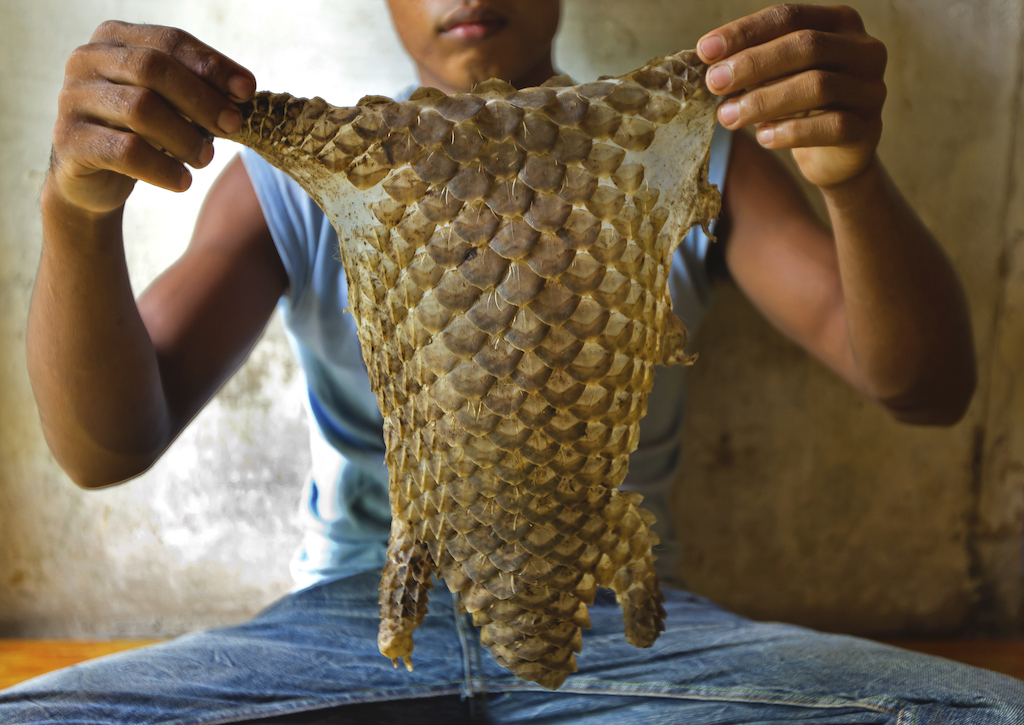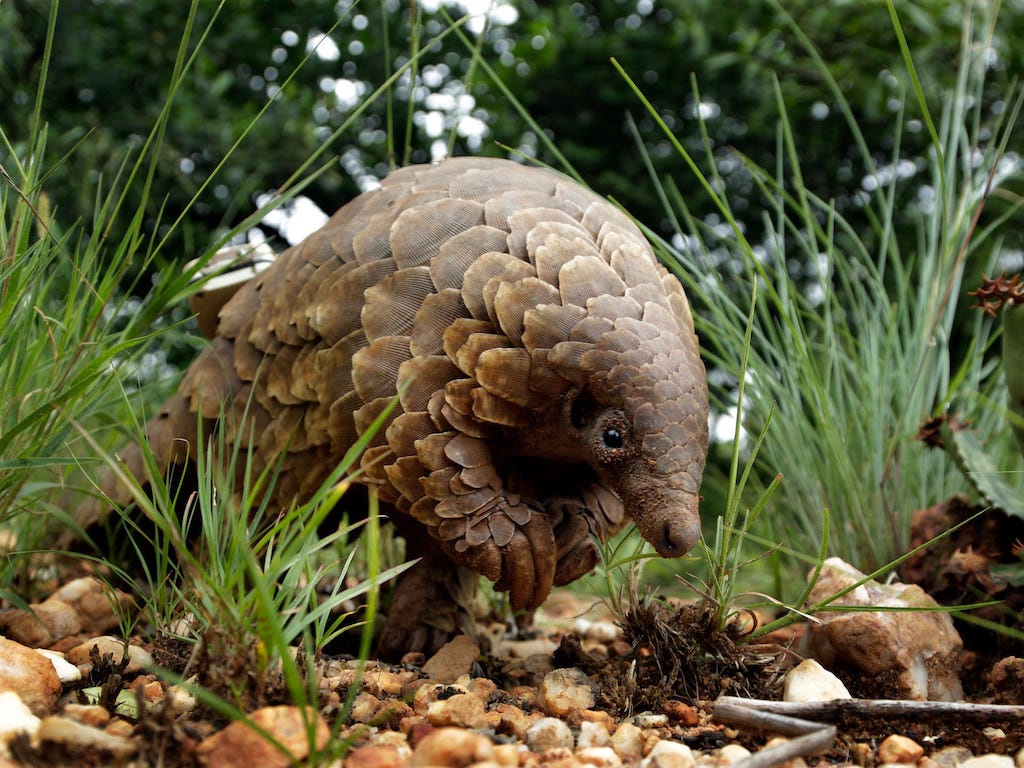4 Mins Read
Since the current outbreak of the coronavirus (2019-nCoV), which originated in Wuhan, China, scientists have been scrambling to find out the source of human exposure to the virus. Now, new research led by Chinese scientists believes that the novel coronavirus could have been passed from bats to humans through an intermediary animal, the pangolin. The preliminary results spotlights the danger of illegal wildlife trade, and in particular, the pangolin – a scaly anteater look-alike that is considered the most trafficked mammal in the world.
Scientists around the world are currently focused on investigating the source of the spread of the novel coronavirus from animals to humans. As of press time, the total deaths has reached over 900, toppling the number recorded during the SARS outbreak in 2002 to 2003, and the cases of confirmed infections stands at more than 40,000.
Read our earlier coverage of 2019-nCoV and tips on prevention here.
In the midst of the rising figures, a group of researchers from South China Agricultural University has discovered that samples from coronavirus patients were 99% identical to the samples of a virus inhabiting in wild pangolins, according to Chinese state media Xinhua news agency.
Prior to this study, researchers confirmed that the novel coronavirus originated in bats, but have not been able to pinpoint the intermediary animal that was likely responsible for human exposure. The study says that if bats leave behind feces or saliva onto food that is consumed by pangolins, they can carry the virus and transmit it to humans. Although pangolins may resemble anteaters or armadillos, they are in fact closely related to “carnivorans” – a type of mammal that is related to civets, the animal associated with the spread of SARS in 2002.
Whilst this piece of research has not yet been published or reviewed by other global experts, scientists agree that the results do make sense given that the pangolin, a scaly nocturnal mammal is the world’s most trafficked mammal within the wider global illegal wildlife trade.
Despite the trade of pangolins being banned by the Convention of International Trade in Endangered Species in 2016, an estimated 100,000 pangolins are captured from the wild every year. Pangolins are poached for their keratin scales, a common ingredient in traditional Chinese medicine, as well as for pangolin meat, which is considered a delicacy in many parts of Vietnam and China. In some dishes where pangolin is consumed, the raw blood of the mammal is poured over rice. Across China, over 200 pharmaceutical companies still use pangolin products for 60 commercial traditional medicines, according to a report by Beijing-based nonprofit China Biodiversity and Green Development Foundation.
The trade is not only rampant in Asia, but in large parts of Africa as well where pangolins are consumed as bushmeat. Due to the lucrative illegal trade with a supply chain spanning all over the world – some scales can fetch as high as US$2,200 per pound in the United States – all 8 species of pangolin are now threatened with extinction, and 3 of those are listed as critically endangered under the International Union for Conservation of Nature.

The newly-discovered link between pangolins and the deadly novel coronavirus is putting a spotlight on the dangerous consequences of the illegal trade – as well as being an inhumane and cruel practice that leads to species extinction, it comes with the massive risk to public health. Commenting on the scientific discovery, the CEO of nonprofit WildAid Peter Knights said that it is “well past time to close all live wildlife markets globally” and that it calls for governments to clamp down on the illegal pangolin trade with “law enforcement, stiffer penalties and massive public education to stigmatise wild meat consumption.”
Recently, in response to the outbreak of the novel coronavirus, China implemented a temporary ban on all wildlife trade until the epidemic is declared over. However, the reality is that China is not the only country implicated in the global trade, nor will a temporary ban suffice to prevent future public health epidemics, species extinction and massive ecological disturbance.
Faced with multiple environmental and health threats, perhaps an even more effective action that each of us can pursue is to reduce the consumption of meat products altogether, which is currently propping up the inhumane global trade in animals and unsustainable production that leaves behind a huge burden on our planet.
Lead image courtesy of Themba Hadebe / AP Photo.




